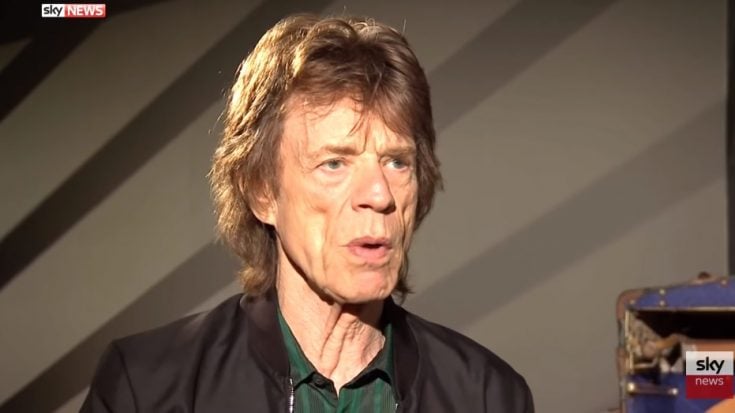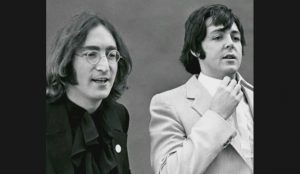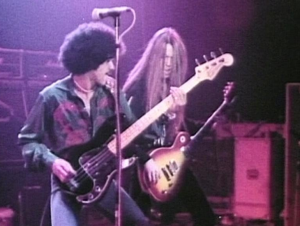Mick Jagger Dismissed George Harrison’s Spirituality as a Passing Trend

Mick Jagger in an interview for Sky News - Youtube
In the 60s, at a time when the Beatles was at its peak, George Harrison began to search for a higher entity to guide him in the ever-dizzying world of fame. In his mid-20s, he embarked on a spiritual journey after having the epiphany that, “Everything else can wait, but the search for God cannot…” As part of his quest, he studied Eastern faiths closely, particularly Hinduism, along with Indian philosophy, culture, and music – befriending Ravi Shankar, who became one of Harrison’s closest associates and a mentor as well.
“He was searching for something much higher, much deeper,” Shankar explained in an interview. “It does seem like he already had some Indian background in him. Otherwise, it’s hard to explain how he got so attracted to a particular type of life and philosophy, even religion. It seems very strange, really. Unless you believe in reincarnation.”
Even after his death, Harrison’s devotion to Eastern spirituality remained strong, which surprised Mick Jagger of The Rolling Stones, who had previously written off Harrison’s fascination with transcendental meditation as nothing more than a passing fad.
Jagger, who was one of the people who gave his thoughts on George Harrison in a Rolling Stone article about remembering the late singer, said: “He very much concentrated on the spiritual side of his life and it was more than a passing fancy. It looked like it was a sort of faddish thing at the time, but it stayed with him. You got the feeling that most people were dabbling in spirituality, but for George, it was perhaps the major part of his life once he discovered it.”
For someone as devoted to spirituality as the shy Beatle, Harrison was often ridiculed for it. “And he was ridiculed, there’s no doubt about that, especially in England, for being like that,” Jagger continued. “But he did follow through on the courage of his convictions. He stayed with it and never rejected it. And, of course, he made mistakes – anybody following this who was one of the first people of a generation to do that would make mistakes – but not any glaring ones. You’ve got to start somewhere.”












